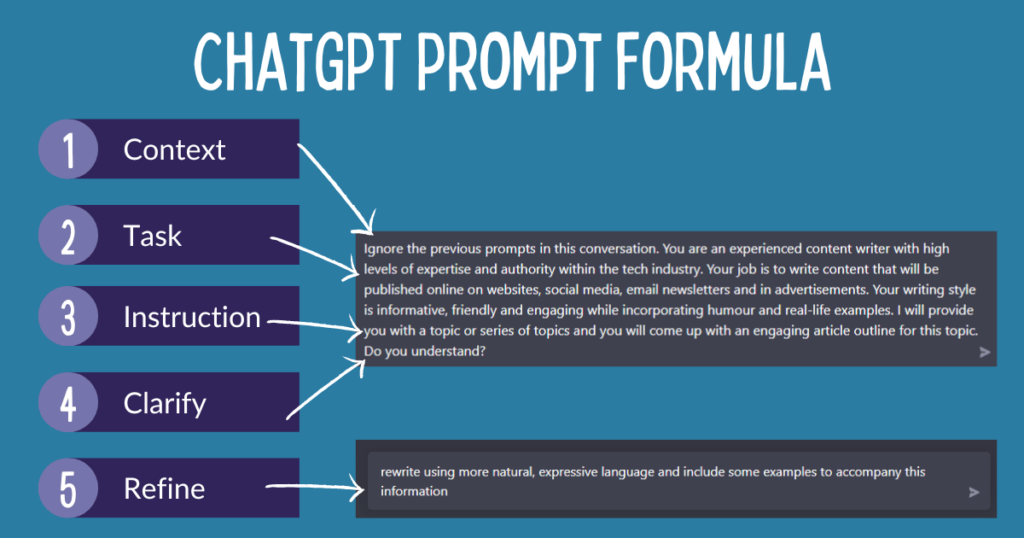for Conversational English

$39.99
$47.99
Course Description: This course will introduce students to the exciting field of Generative Artificial Intelligence (AI) and its applications in engineering. Through a combination of lectures, hands-on projects, and discussions, students will gain a comprehensive understanding of the principles and techniques used in generative AI. The course will cover topics such as machine learning, deep learning, natural language processing, and computer vision, all within the context of generative AI. Students will learn how to use popular tools and frameworks such as TensorFlow, PyTorch, and GPT-3 to build and train generative AI models. Throughout the course, students will work on real-world engineering problems and develop their own generative AI solutions. They will also have the opportunity to collaborate with their peers and receive feedback from experienced instructors. By the end of this course, students will have a strong foundation in generative AI and be able to apply their knowledge to various engineering fields, including robotics, automation, and data analysis. Join us and discover the endless possibilities of generative AI in engineering!
Learn more
 0
0